|
|
|
|
Nau mai haere mai — welcome to your weekly newsletter.
As anticipated, the public release of the report by the Royal Commission of Inquiry into the Christchurch terror attacks has begun a long process of improving New Zealand’s counter-terrorism and firearms licensing operations. Despite finding police and intelligence agencies made serious errors, the commission maintained the atrocity could probably still not have been prevented.
But, as Waikato University law expert Alexander Gillespie argues, the deeper problems lie in the absence of what the commission calls a “see something, say something” culture, and in a lack of social cohesion in general. Those things will be harder to fix.
Also this week, The Conversation launched the Oceans 21 series with profiles of each of the world’s ocean basins. Collectively, the global ocean takes up more than 90% of the excess heat from burning fossil fuels and a third of the additional carbon dioxide. It produces much of our oxygen, helps shape the winds that influence our weather, and provides food and income for millions.
Of course, that includes the Southern Ocean – those wild waters between New Zealand and Antarctica that are our planet’s primary storage of heat and carbon and home to wildlife found nowhere else.
There’s a lot more here and on our homepage, and thanks as ever for your support. Until next time, mā te wā and all the best.
|
Finlay Macdonald
New Zealand Senior Editor & NZ Editor: Politics, Business + Arts
|

|
|
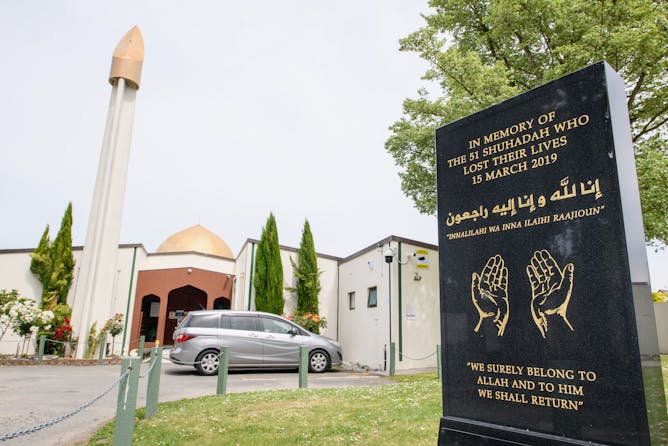
GettyImages
Alexander Gillespie, University of Waikato
The 800-page report of the Royal Commission of Inquiry into the Christchurch terror attacks ultimately asks New Zealanders to look to themselves to prevent such an atrocity happening again.
|
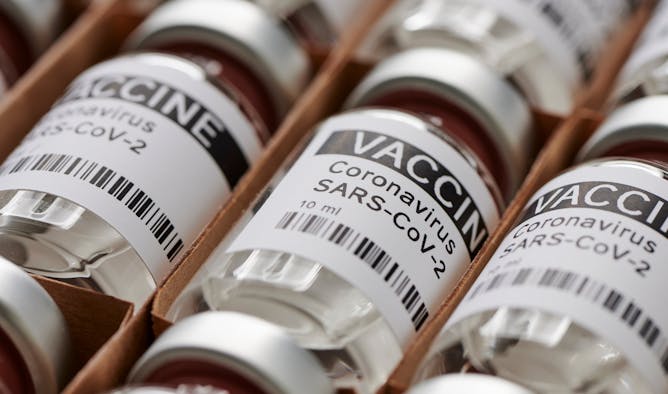
Shutterstock/M-Foto
Claire Breen, University of Waikato
Vaccine hesitancy is not new, but it has a new element: few people can remember the devastating impact of diseases such as smallpox and polio and it is hard to see the lives saved by vaccination.
|
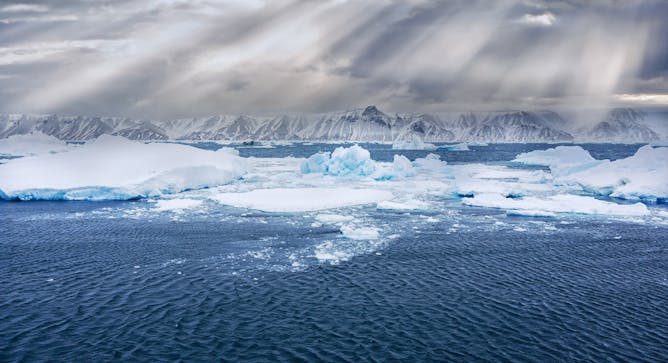
Shutterstock/CherylRamalho
Ceridwen Fraser, University of Otago; Christina Hulbe, University of Otago; Craig Stevens, National Institute of Water and Atmospheric Research; Huw Griffiths, British Antarctic Survey
The Southern (Antarctic) Ocean is our planet's primary storage of heat and carbon, and it's home to extraordinary life forms, from tiny algae and spineless creatures to penguins, seals and whales.
|
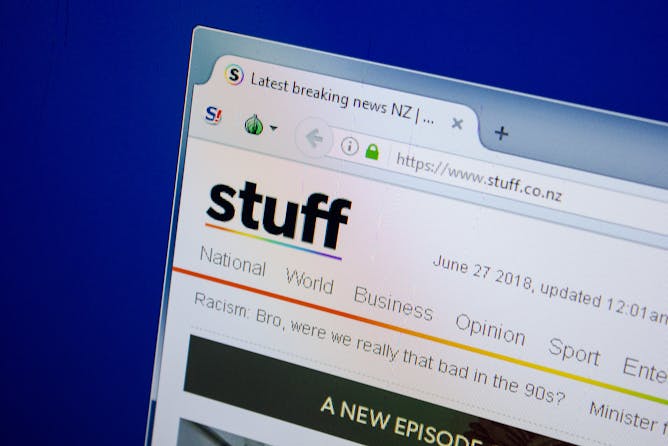
www.shutterstock.com
Merja Myllylahti, Auckland University of Technology
The pandemic hit media hard, but a new report shows New Zealand now has more independent news outlets than at any time in the past decade.
|
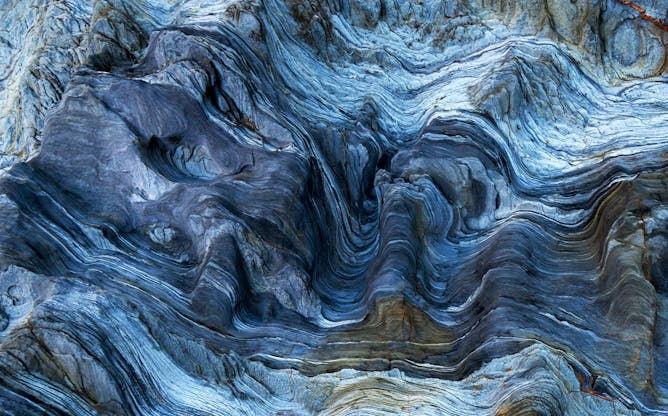
Shutterstock/Francisco Duarte Mendes
Philip Steer, Massey University
Almost a century ago, New Zealand and Australia were at the forefront of an environmental crisis that forewarned of humanity's global impact -- erosion. It left its mark on culture.
|
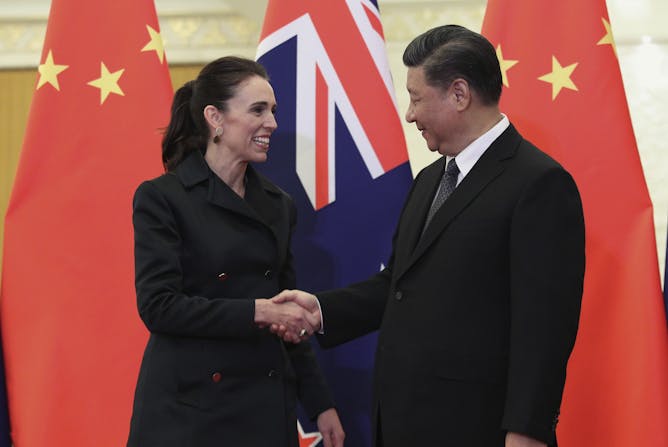
Chinese President Xi Jinping meets New Zealand Prime Minister Jacinda Ardern in Beijing, 2019.
GettyImages
Alexander Gillespie, University of Waikato
With tensions between China and New Zealand's main security allies increasing dangerously, could Jacinda Ardern play the role of peacemaker?
|
From our foreign editions
|
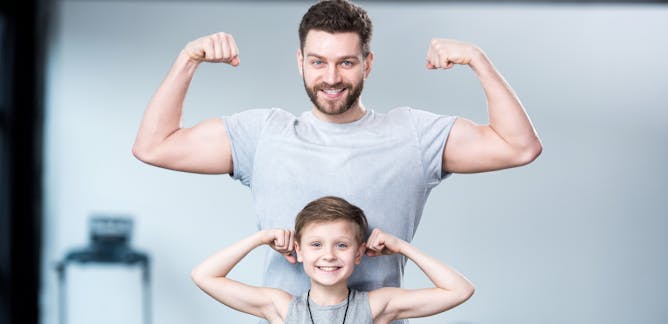
Michael Flood, Queensland University of Technology
A new survey shows that while younger men generally had more progressive views than older men on gender roles, they also endorsed such ideas as men's use of violence and control in relationships.
| |
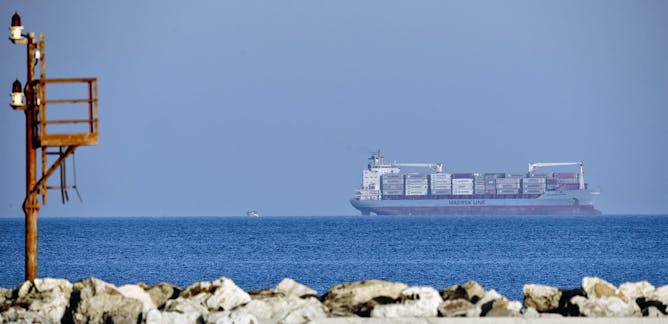
Christiaan De Beukelaer, University of Melbourne
In early 2020, stranded cruise ships became a stark symbol of the COVID-19 global pandemic. Now it's seafarers stranded on cargo ships.
|
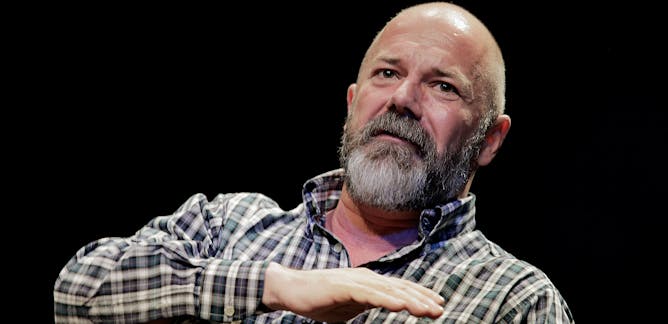
Michael J. Socolow, University of Maine
High-profile media figures are defecting to Substack, where readers will have to pay a subscription to read their work. Could Substack remind news consumers that paying for journalism is worth it?
| |
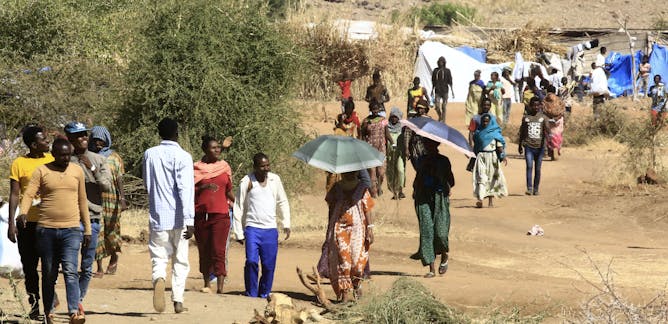
Namhla Matshanda, University of the Western Cape
The crisis in Tigray could have a spillover effect that will destabilise the Horn of Africa.
|
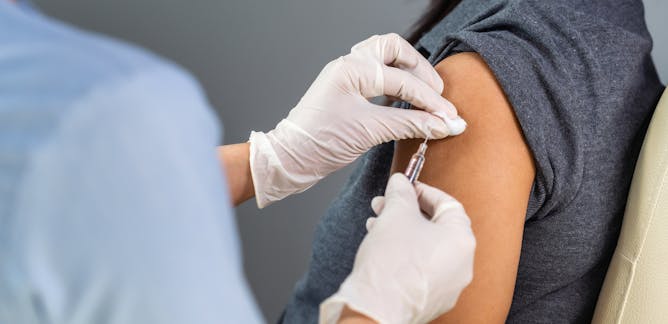
Zania Stamataki, University of Birmingham; KK Cheng, University of Birmingham
Millions of Britons will be given a COVID vaccination card proving they have received the jab.
| |
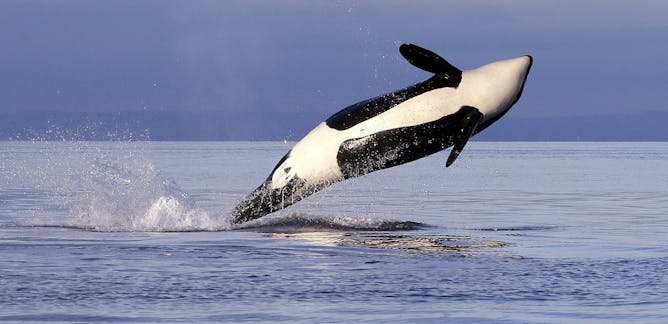
Stephen Raverty, University of British Columbia; Joseph K. Gaydos, University of California, Davis
Scientists had been uncertain about why killer whales are dying in the northeastern Pacific Ocean. A new study takes an in-depth look and provides the tools to help prevent additional deaths in the future.
|
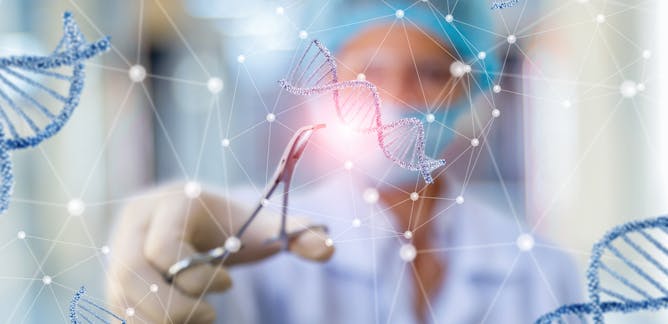
Yusef Paolo Rabiah, UCL
We could start making our genomes equipped to deal with more frequent pandemics. But it may come at a cost.
| |
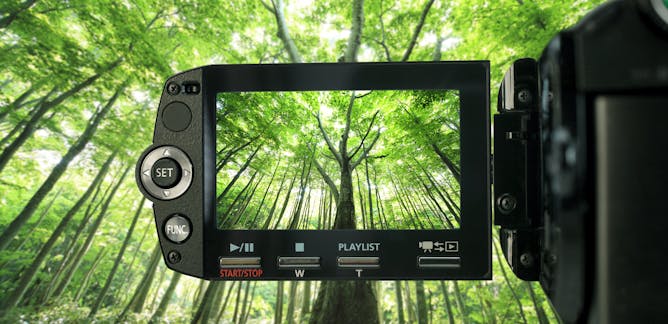
David Jarratt, University of Central Lancashire
As our freedom of movement continues to be curtailed due to COVID-19, webcam travel seems set to continue.
|
|
|
| |
| |
| |
| |
| |
| |
|
|
|
|
|
|
|